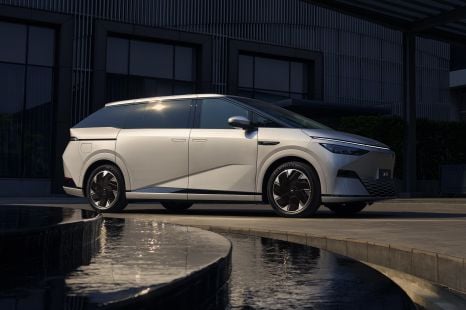

William Stopford
Will 2026 be the year of the people mover in Australia? China seems to think so
15 Hours Ago

News Editor
The Hyundai Sonata could be on borrowed time.
Korean outlet Chosun reports word from a source inside Hyundai that no next-generation Sonata is in the works.
Development of such a model should theoretically be in full swing, with each Sonata generation usually having a lifecycle of around five years.
The current model entered production in 2019, though it only arrived here in 2021.
Insiders have reportedly told Chosun it’s an open secret in the company that the Sonata will be discontinued, with its assembly lines set to be converted to produce more electric vehicles.
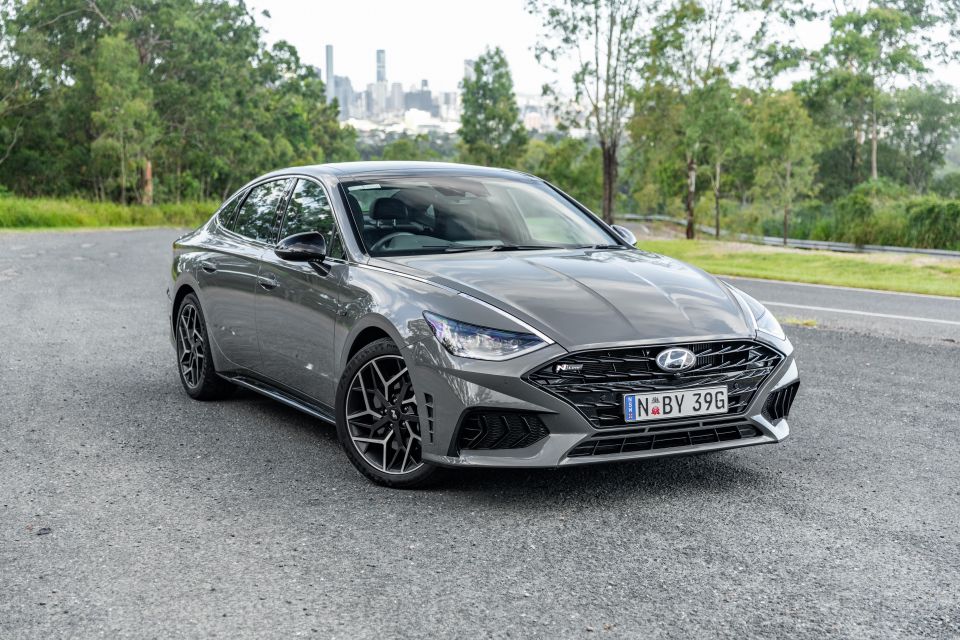
Hyundai has a mid-sized electric sedan in the works, the Ioniq 6, which is set to be revealed this year. It shares its dedicated electric E-GMP platform with the Ioniq 5 and upcoming Ioniq 7 large crossover.
An insider reportedly told Chosun an electric Sonata is a possibility but not a priority.
“We can’t rule out an electric Sonata, but we’re prioritizing the development of a compact electric car rather than a less popular midsize vehicle,” said the insider.
The Sonata is expected to receive an update in 2023, which a previous report out of Korea suggested would be extensive as the current generation hasn’t been as well-received in its home market as prior generations.
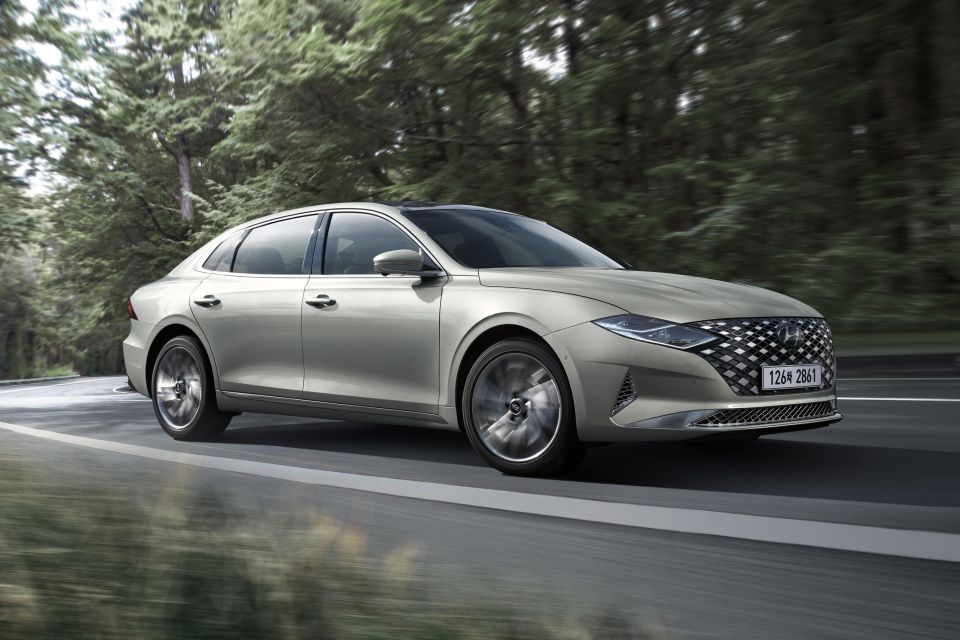
Korean outlet Auto Postreported last year that such a redesign would feature new exterior styling but carryover mechanicals.
Last year, the Sonata was the sixth best-selling car in its home market. As recently as 2015, however, it was the best-selling car in Korea.
While SUVs have become increasingly popular there as in virtually every global market, the larger Grandeur sedan nevertheless topped the Korean sales charts in 2021.
The Sonata has long been one of the best-selling vehicles in the particularly insular Korean new car market, where Hyundai and Kia hold a combined share of over two-thirds.
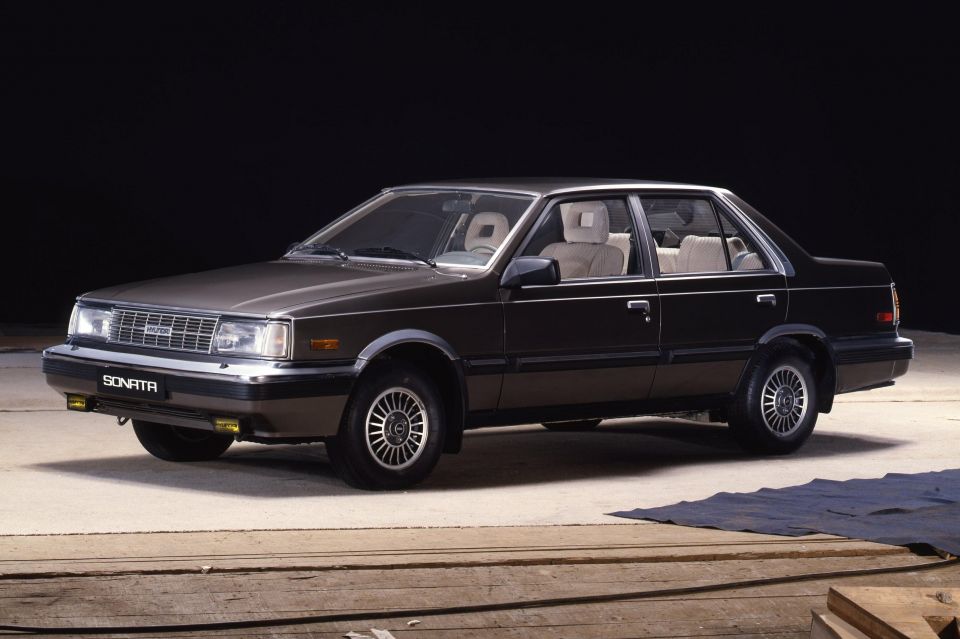

It’s also the brand’s longest-running nameplate, having first debuted in 1985 on an upmarket version of the rear-wheel drive Stellar.
The first front-wheel drive generation arrived here in 1989, and overall Hyundai has sold 9.17 million Sonatas globally during its run. According to Chosun, that puts it below only the Avante/Elantra (14.4 million) and Accent (10.10 million).
Though it’s come and gone from Australia, the Grandeur nameplate is almost as long-lived as the Sonata, having debuted in 1986.
Hyundai can’t seem to catch a break with the Sonata as it tries to juggle multiple markets with competing demands.
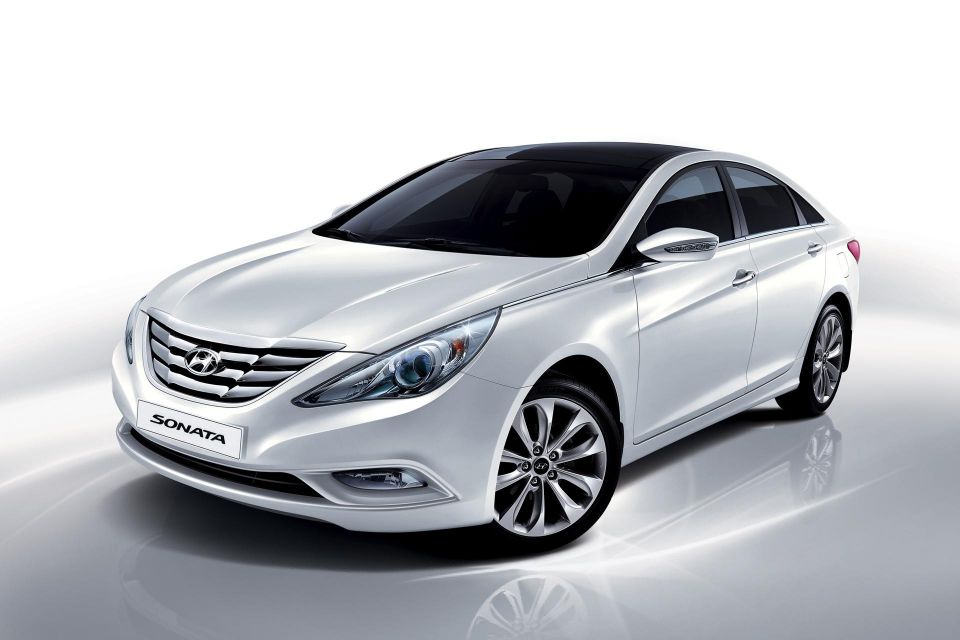
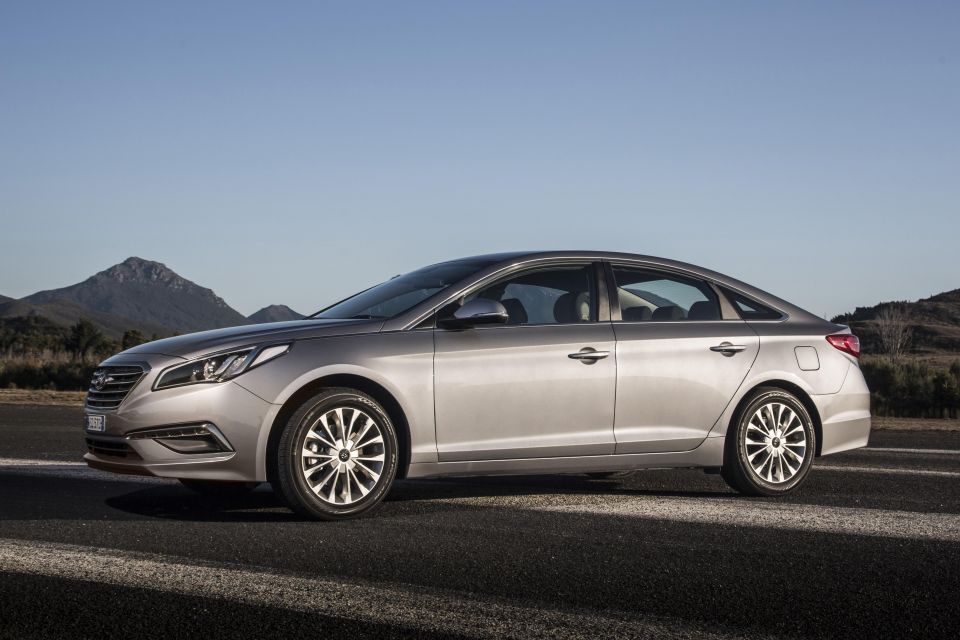
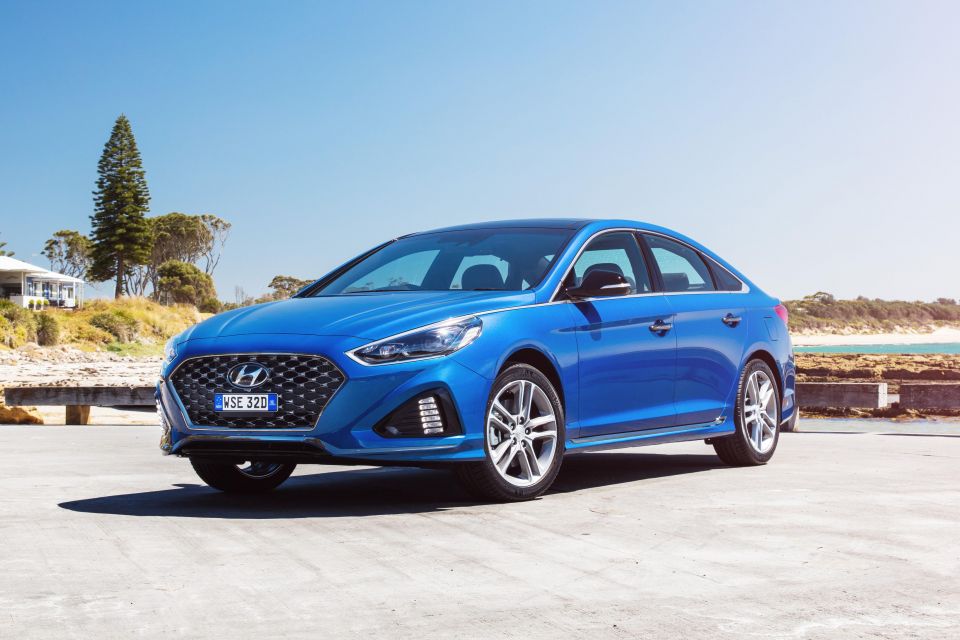
The daring 2009 redesign – sold here as the i45 – drove the Sonata to its highest sales ever in the US, but it received mixed reviews in the more conservative South Korean market.
A conservative rebodying was introduced in 2014 to appease Korean buyers, but US sales ceased their rapid ascent.
A substantial mid-cycle update was introduced in 2017 with sportier styling, before the current model was introduced in 2019. Once again, however, its styling was too radical for many Korean buyers.
Hyundai can’t rely on US sales, either, as the entire mid-sized sedan segment there is on a downward trajectory.
Buick, Ford, Mazda and Volkswagen have all recently withdrawn from the segment in the US, while Sonata sales fell below 100,000 units in 2019 for the first time since 2003.
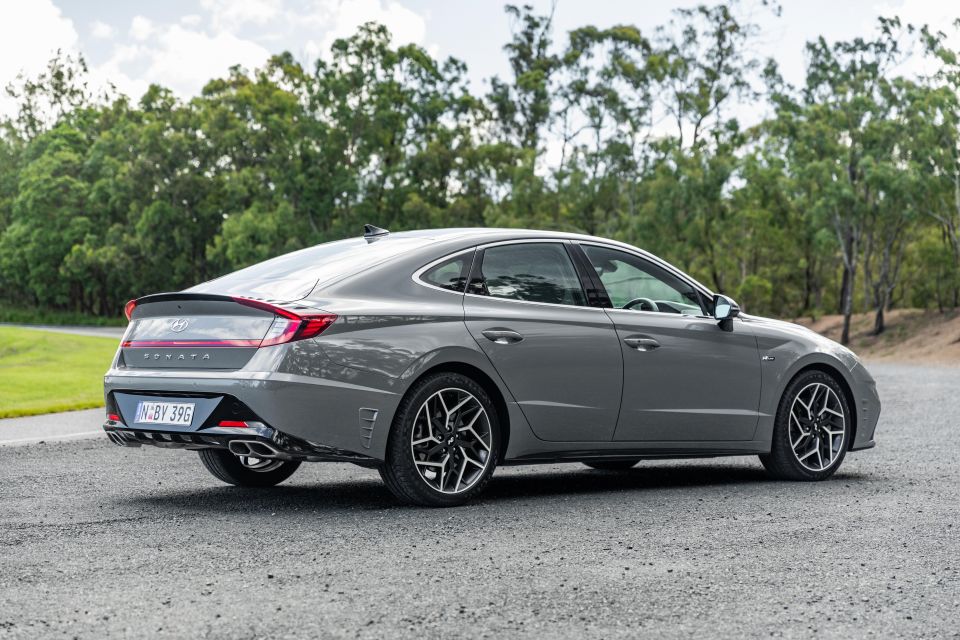
The brand’s sales have also been steadily declining in China for the past several years.
Originally scheduled for a local launch in late 2019, the Sonata was set to offer base 2.5-litre naturally-aspirated petrol and 1.6-litre turbocharged petrol engines.
Instead, it arrived mid-way through 2021 in a single, highly specified N Line model packing a turbocharged 2.5-litre four-cylinder engine.
Despite this, Hyundai has sold 266 to the end of April, putting it above the Volkswagen Passat (195) if below the wider ranges of the Mazda 6 (491) and Skoda Octavia (556).
Where expert car reviews meet expert car buying – CarExpert gives you trusted advice, personalised service and real savings on your next new car.
William Stopford is an automotive journalist with a passion for mainstream cars, automotive history and overseas auto markets.


William Stopford
15 Hours Ago
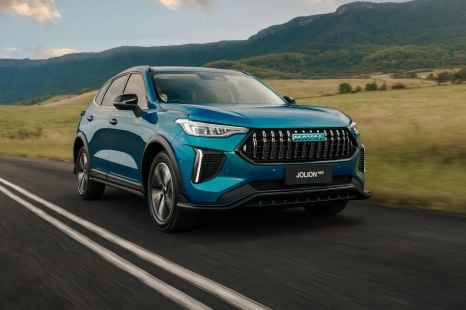

Max Davies
16 Hours Ago
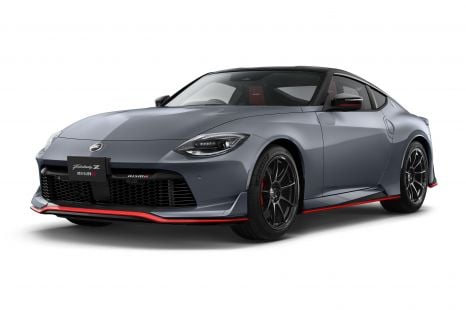

Derek Fung
17 Hours Ago
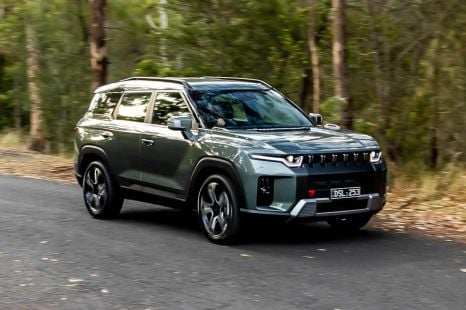

Matt Campbell
23 Hours Ago
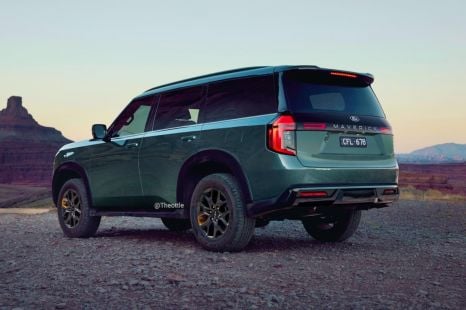

Ben Zachariah
2 Days Ago
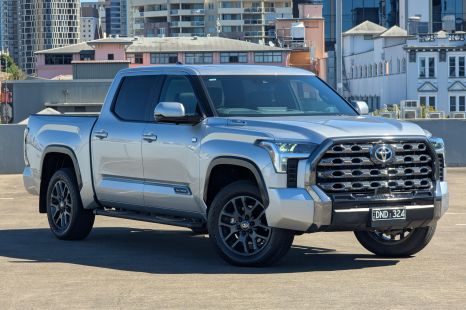

Damion Smy
2 Days Ago